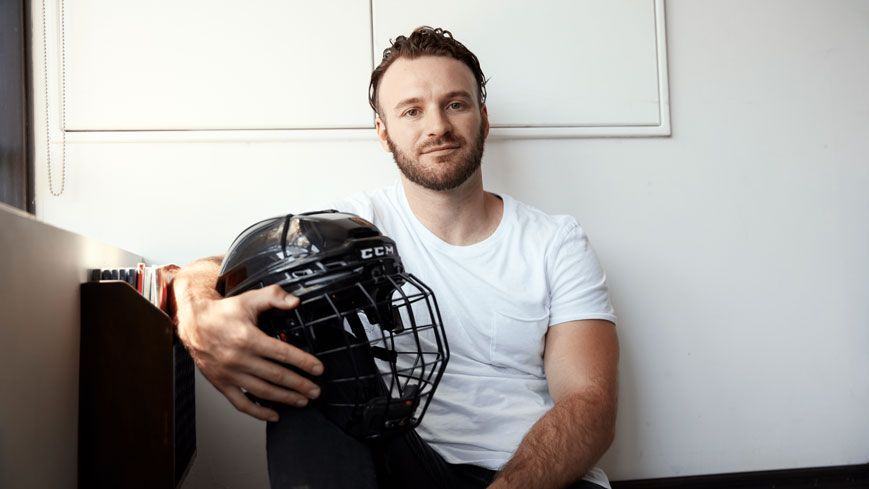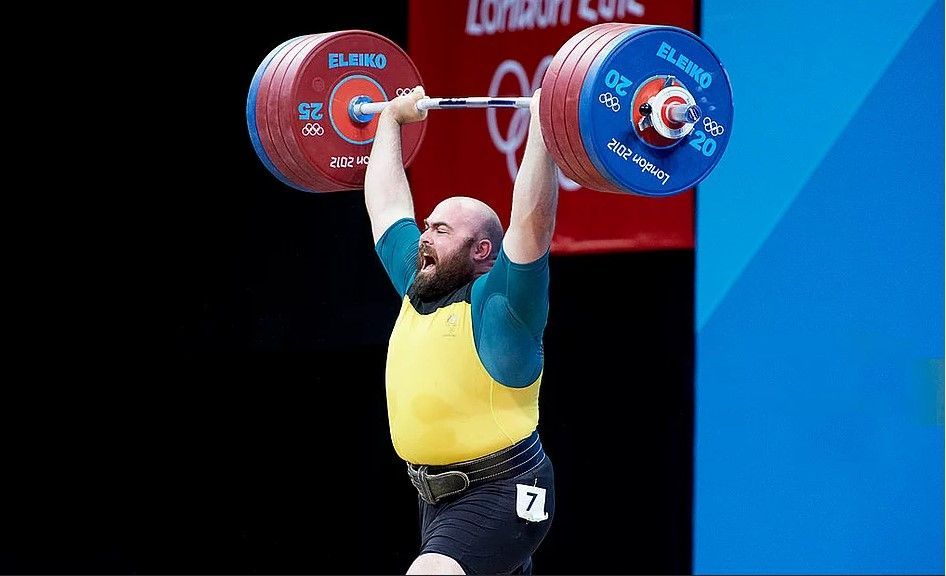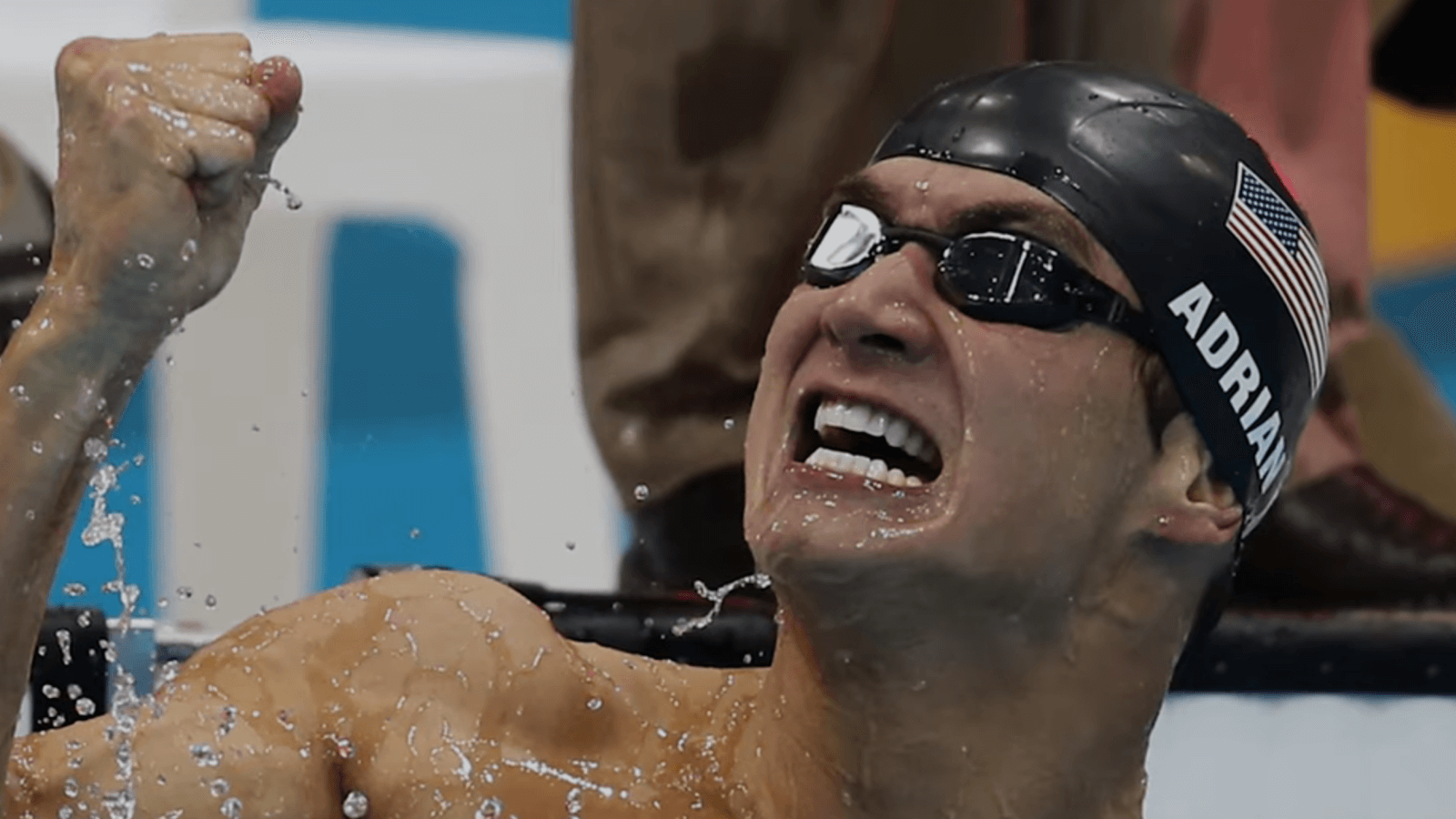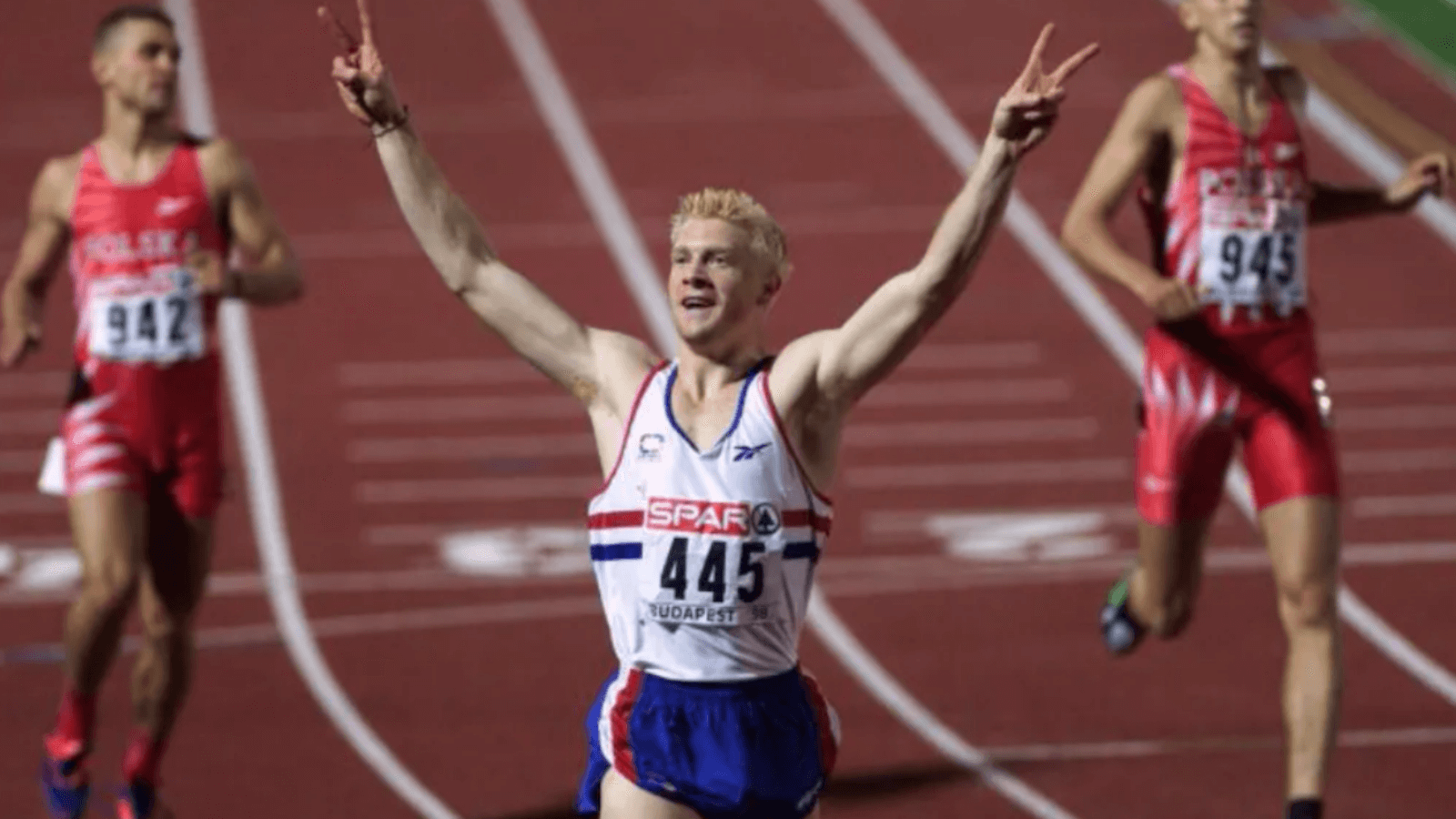




Facing mental health as an Olympic athlete
With the 2020 Tokyo Olympics well underway, awareness around the mental health of Olympic athletes has never been higher with athletes withdrawing from competition to prioritise their mental wellbeing.
Elite athletes can experience incredibly high levels of pressure from selection, public scrutiny, injury and premature retirement that can lead to mental health problems including burnout, eating disorders, depression and anxiety.
We caught up with some Olympians and Paralympians, past and present, from around the world, to hear about their experiences of competing at the top and their tips for staying mentally well.
Australian weightlifting champion, Damon Kelly, told us the importance of community in staying mentally strong during the Games:
“Weightlifting and its community has helped me tremendously over the years, and it still is now after the end of my athletic career. Weightlifting is an extremely physical and mentally tough sport. I found having a like-minded community to be there for support really helped, as they were people who have gone through similar situations as you.
Sometimes, we saw more of each other than our own families and it really helped to know they had your back. There were some instances where we helped each other out more with our personal life, rather than our training block or competition at the time."
Iwan Thomas MBE, British Athletics World Champion and Olympic Silver Medalist spoke to Movember about his mental struggles after an injury-plagued career forced him into retirement.
“I went through a lot of dark years but at the time I didn’t admit that because I felt it was a sign of weakness to say “listen, can someone help me here, I’m struggling” I felt, wrongly, that my friends would turn around and say “what have you got to be depressed about, look at your shiny car” and I felt they would judge me for that so I bottled it up inside.
Iwan acknowledges when it comes to mental health, he’s learnt that talking about difficult stuff with friends can make a real difference and with hindsight said he wished that he’d spoken more openly earlier.
Listen to the conversation in full here.
Canadian Paralympian Tyler McGregor was diagnosed with bone cancer at 15 and had his left leg amputated within two months of his 16th birthday. He went on to win two medals for Canada in the Paralympics. We asked Tyler how he mentally prepares to compete in the Paralympics.
“For these Paralympics as well as our World Championships that just passed, much of the mental preparation I’m doing right now is about visualisation. We’ve had limited opportunity to compete over the past couple years, so one of the ways in which I need to prepare is to try and create game scenarios mentally. I also think it’s important to try and stay as present as possible when preparing for the Games. It’s easy to get lost in the spectacle both in the lead up and while competing. Meditation will likely be my best friend from now until then to ensure I stay in the moment.”
Check out the full interview here.
In December of 2018, life couldn’t have been better for US Olympic swimmer Nathan Adrian. He had just got married and was training to make his fourth Olympic team for Tokyo 2020. Then, came something Nathan didn’t plan for. He noticed a lump in one of his testicles and decided to go get it checked out. The next thing Nathan knew, he was being tested and diagnosed with testicular cancer. Less than a year and two surgeries later, Nathan was back in the pool training for Tokyo 2020.
“We had already put in a lot of work into getting to Tokyo 2020 so there was no doubt that eventually after going through treatment I was going to at least give it a try. I still like to think that I can still improve.”
Nathan’s family credit his positive mental attitude in overcoming adversity to get back to training “he had such a positive mindset throughout the entire process. He really tried to see the positive and control what he could. His optimism really impressed me every day.”